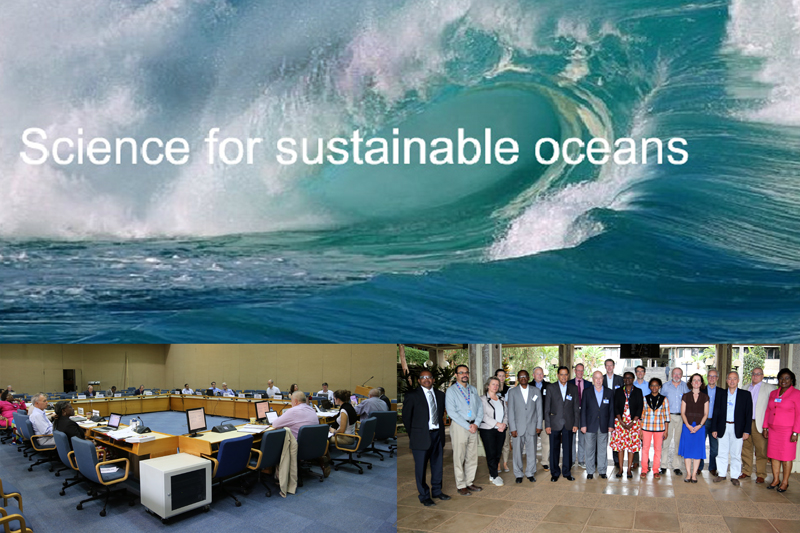New work to assess the environmental impacts of wastes from mining operations which have been disposed into the marine environment is set to begin shortly. The work will be undertaken by a dedicated working group, established by the Joint Group of Experts on the Scientific Aspects of Marine Environmental Protection (GESAMP). GESAMP, which is a UN advisory body, set up the working group when it met for its 43rd annual session, in Nairobi, Kenya (14-18 November). The move to assess the impacts of mining wastes at sea comes in response to a request from the Parties to the London Convention and Protocol, which regulate the dumping of wastes at sea.
GESAMP’s annual meeting was attended by scientists and representatives of GESAMP’s UN sponsoring organizations.
The agenda covered the group’s current work, including the evaluation of the hazards of harmful substances carried by ships and the review of applications for ‘active substances’ to be used in ballast water management systems. The experts also discussed the input of chemicals to the oceans from the atmosphere. They also looked at trends in global pollution in coastal environment and the current studies on the sources, fate and effects of micro-plastics in the environment. Marine geoengineering, which is the subject of study by a another GESAMP working group, was also discussed.
GESAMP also discussed its role in and contribution to UN related processes such as the 2030 Agenda for Sustainable Development, and its engagement with the wider international community. IMO hosts the GESAMP secretariat.
